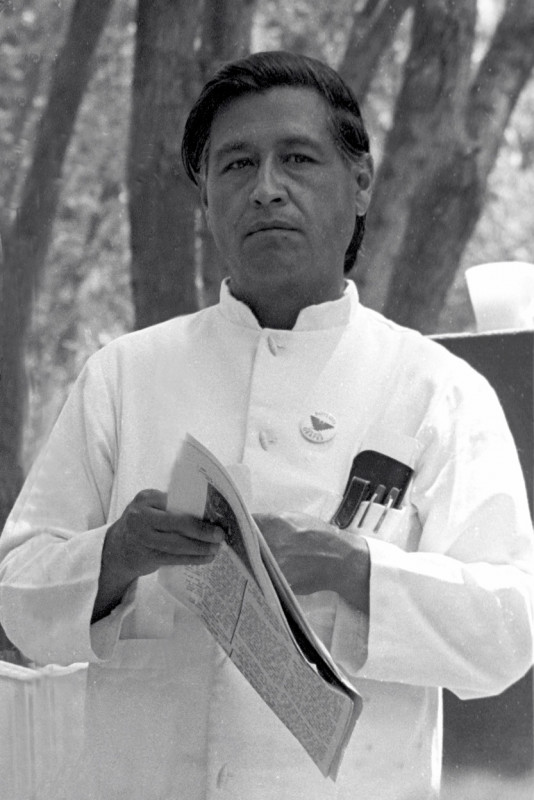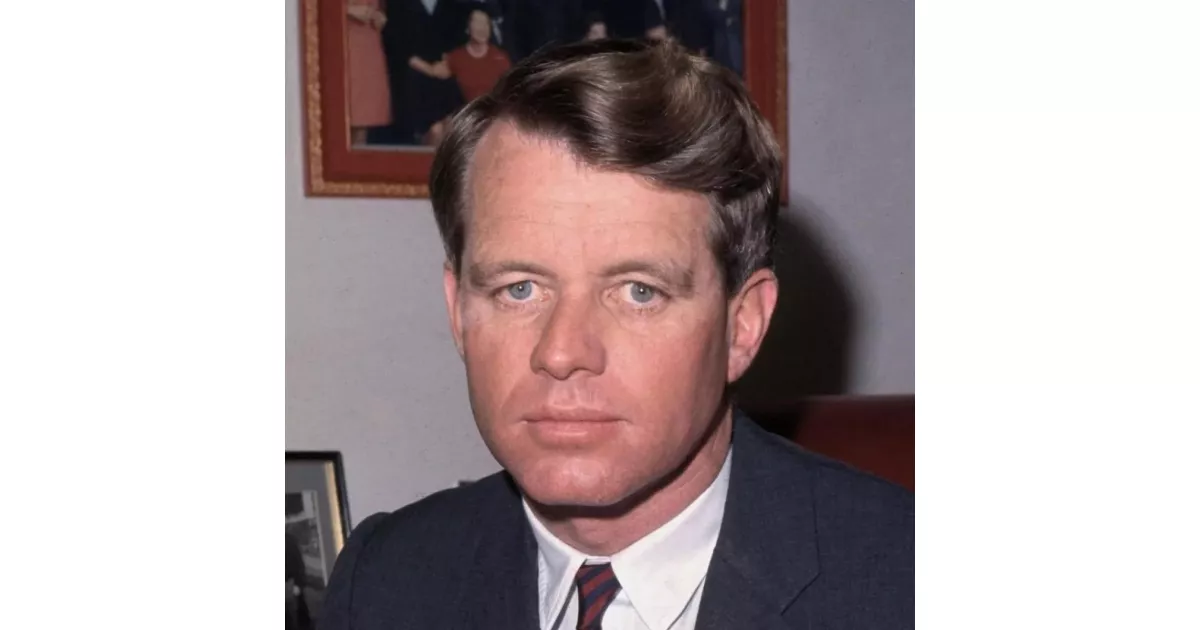A closer look at the most debated and controversial moments involving Robert F. Kennedy.
Robert F. Kennedy (RFK) was a prominent American politician and lawyer. He served as the 64th U.S. Attorney General from 1961 to 1964 and as a U.S. Senator from New York from 1965 until his assassination in 1968. At the time of his death, he was a leading candidate for the Democratic presidential nomination. Like his brothers, John and Ted, RFK was a key figure in the Democratic Party and a symbol of modern American liberalism.
1960: Appointment as U.S. Attorney General
In 1960, after John F. Kennedy won the presidential election, he appointed his brother Robert F. Kennedy as U.S. Attorney General, despite concerns about nepotism and Robert's lack of experience. Publications like The New York Times and The New Republic criticized the appointment.
November 1961: Operation Mongoose
In November 1961, Robert Kennedy served as the president's personal representative in Operation Mongoose. This covert operation was meant to incite a revolution in Cuba to result in Castro's downfall, following the Bay of Pigs Invasion.
1961: Complaints Filed by King Handled Through Negotiation
Between 1961 and 1963, a number of complaints filed by King with the Justice Department were handled through negotiation between the city commission and Negro citizens.
February 1962: Hoover Alleges Communist Ties to King's Advisors
In February 1962, FBI Director J. Edgar Hoover presented Kennedy with allegations that some of Martin Luther King Jr.'s close confidants and advisers were communists, leading to FBI monitoring of King.
May 7, 1962: Briefing on CIA's Mafia-related plot to assassinate Castro
On May 7, 1962, Robert Kennedy was informed of an earlier plot involving the CIA's use of Mafia bosses Sam Giancana and John Roselli to assassinate Fidel Castro. Kennedy then directed the CIA to halt any existing efforts directed at Castro's assassination.
1962: Leaked Hoffa Statement on Kennedy
In 1962, it was leaked that Hoffa had claimed Kennedy had been "bodily" removed from his office.
May 24, 1963: Private Meeting with Black Delegation
On May 24, 1963, Kennedy held a private meeting in New York City with a black delegation coordinated by James Baldwin. The meeting became antagonistic and reached no consensus.
October 1963: Kennedy Authorizes Wiretapping of King
In October 1963, Kennedy issued a written directive authorizing the FBI to wiretap Martin Luther King Jr. and other leaders of the Southern Christian Leadership Conference (SCLC).
1963: Remarks on Communists in coalition governments
In 1963, Kennedy made remarks saying he was against including Communists in coalition governments (though Kennedy's subject was Germany, not Vietnam).
February 1965: Bothered by Bombing of North Vietnam
In February 1965, Kennedy was bothered by the beginning of the bombing of North Vietnam, but he did not wish to appear antagonistic toward the president's agenda.
1965: Criticism of U.S. Intervention in the Dominican Republic
In 1965, Kennedy criticized U.S. intervention in the Dominican Republic and concluded that President Johnson had abandoned the reform aims of President Kennedy's Alliance for Progress.
January 31, 1966: Kennedy Warns Against Bombing as the Answer in Vietnam
On January 31, 1966, Kennedy cautioned that regarding bombing as the answer in Vietnam would lead to disaster.
June 1966: Wiretapping of King Continues
The wiretapping of Martin Luther King Jr. that was authorized in October 1963 continued through June 1966.
September 1967: Johnson Administration to Attack Kennedy's Housing Proposal
In September 1967, Robert B. Semple Jr. reported that the Johnson administration was preparing "a concerted attack" on Robert F. Kennedy's proposal to "build more and better low-cost housing in the slums through private enterprise".
1967: European Discussions on Vietnam and Policy Differences
Throughout 1967, Kennedy traveled to Europe and discussed Vietnam with leaders and diplomats, leading to concerns that he was undermining President Johnson's authority by advocating for peace talks. On March 2, Kennedy outlined a three-point plan for ending the war, but it was rejected by Secretary of State Dean Rusk. On November 26, Kennedy publicly contrasted the Johnson administration's Vietnam policies with those of his brother during an appearance on Face the Nation, calling the view of fighting communism in Vietnam "immoral".
June 5, 1968: RFK Shot After Winning Primary
Shortly after winning the California primary around midnight on June 5, 1968, Robert F. Kennedy was shot by Sirhan Sirhan.
1968: Revelation of Wiretapping of King
In 1968, days before Kennedy's death, the wiretapping of Martin Luther King Jr. was revealed.
2007: Release of the "Family Jewels" documents
In 2007, the CIA declassified the "Family Jewels" documents, which suggest that before the Bay of Pigs Invasion, Robert Kennedy authorized an assassination attempt on Fidel Castro.
Mentioned in this timeline

Jupiter is the fifth and largest planet from the Sun...

Martin Luther King Jr was a pivotal leader in the...

John F Kennedy JFK was the th U S President...

Joe Biden a member of the Democratic Party served as...

Cesar Chavez was a prominent American labor leader and civil...
California is a U S state on the Pacific Coast...
Trending
2 months ago Jacksonville area anticipates rain as warm trend persists in Northeast Florida, Southeast Georgia.

8 months ago Wozniacki and Williams address retirement; Wozniacki eyes Paolini as French Open dark horse.

3 months ago Rybakina stuns Swiatek, Advances to WTA Finals Semifinal in Riyadh

3 months ago Donna Vekic at WTA Chennai, Jones debuts, Parry Prediction, Chennai Open 2025

3 months ago Republicans Question Trump's Drug War and Military Actions: A Shift in Stance?

3 months ago Aryna Sabalenka aims for first WTA Finals title amid strong competition in Riyadh.
Popular

Thomas Douglas Homan is an American law enforcement officer who...

William Franklin Graham III commonly known as Franklin Graham is...

Jupiter is the fifth and largest planet from the Sun...

XXXTentacion born Jahseh Dwayne Ricardo Onfroy was a controversial yet...

Kristi Noem is an American politician who has served as...

Instagram is a photo and video-sharing social networking service owned...
